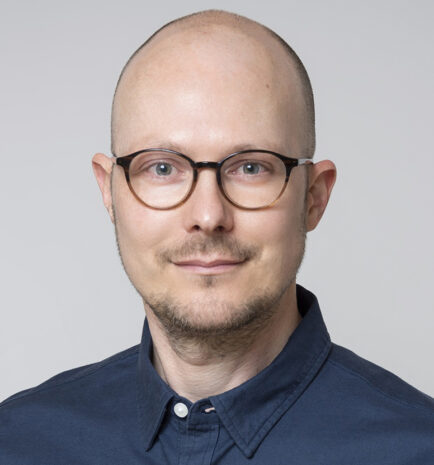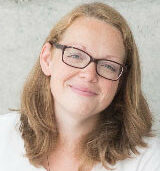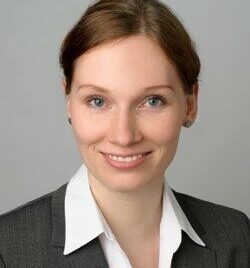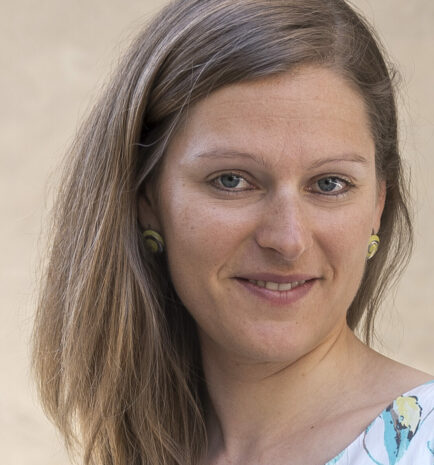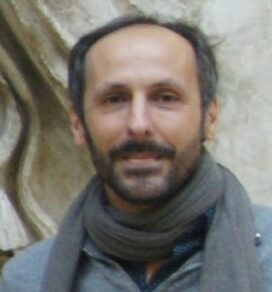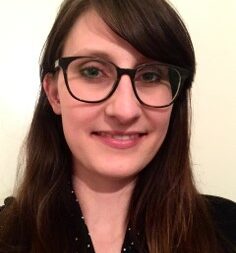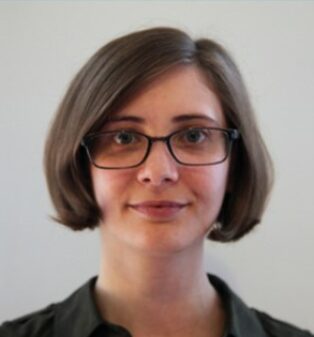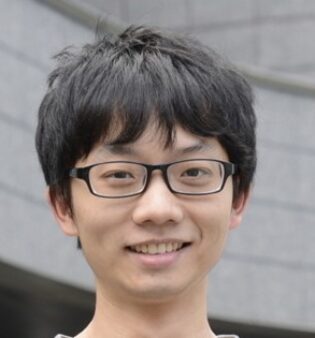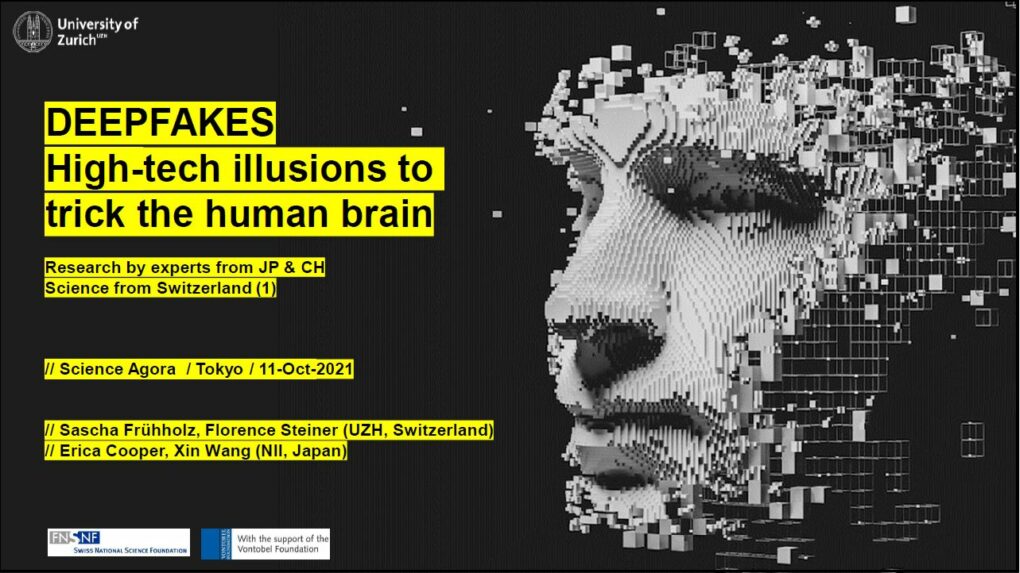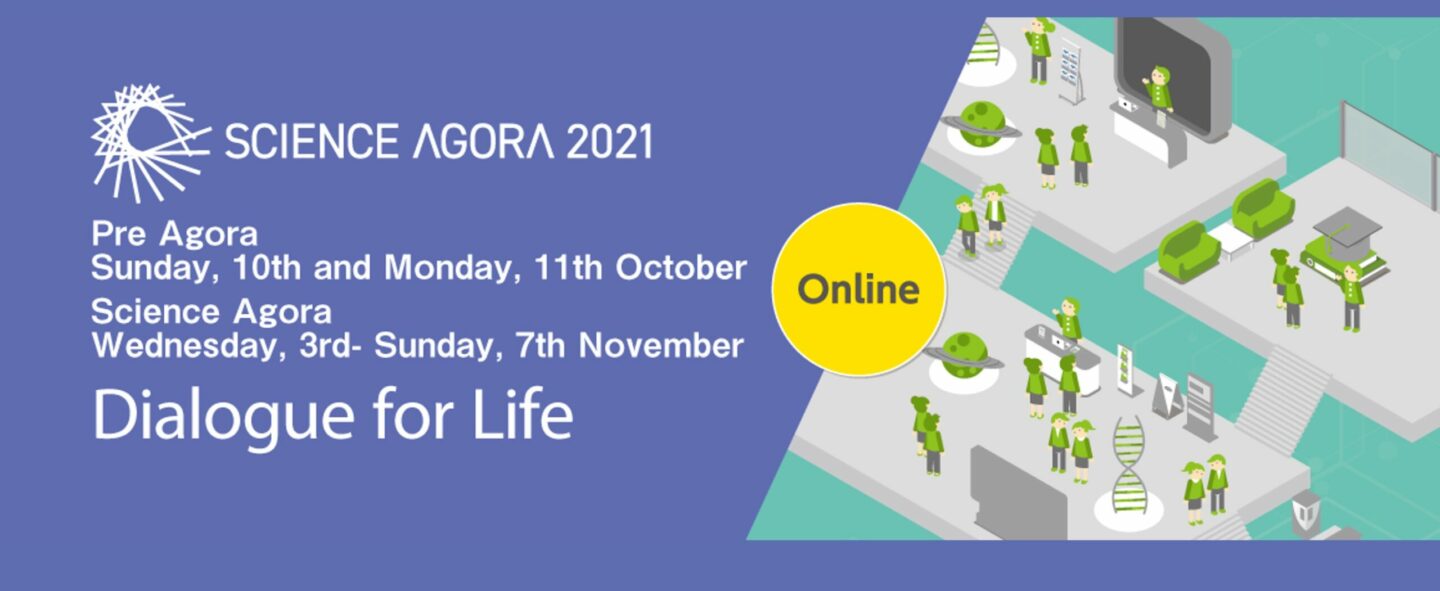


Science Agora November 3
Earth→Space→Earth:From Regenerative Medicine to Biodiversity ‒ Science from Switzerland (2)
Experts from the University of Zurich will introduce different research on Earth and from space.
We will start with stem cell research for biomedicine, in particular for brain regeneration and cardiovascular tissue engineering using induced pluripotent stem cells (iPSCs) well known in Japan thanks to Kyoto University’s Prof. Shinya Yamanaka.
Part 2 will introduce research in microgravity for human health on Earth: 1) Experiments on spinal health on board parabolic flights, aiming to improve the treatment of chronic back pain, 2) Cell biological experiments on parabolic flights to understand the deficiency of the human immune system in Space and 3) Production-tests of human mini-tissues that should be used for drug development.
In part 3, we will learn how Earth observations from space and on ground using remote sensing technologies can show us not only physical changes in biodiversity but also the impact that humans bring to our planet.
Science Agora November 3
Introduction (5MIN)
- 5:00pm – JST
- 9:00am – CEST
“Induced Pluripotent Stem Cells (iPSCs) for Brain Regeneration”
Dr. Christian Tackenberg, Institute of Regenerative Medicine (IREM)
- 5:05pm – JST
- 9:05am – CEST
“Mending Broken Hearts”
Dr. Melanie Generali, Institute of Regenerative Medicine (IREM)
- 5:25pm – JST
- 9:25am – CEST
“Learning from Space for Human Health”
Dr. Svantje Tauber, UZH Space Hub
- 5:50pm – JST
- 9:50am – CEST
“Biodiversity from Space – What Can You See?”
Dr. Claudia Röösli, Remote Sensing Laboratories (RSL) / NPOC
- 6:10pm – JST
- 10:10am – CEST
Dialogue Between Speakers and Participants
- 6:30pm – JST
- 10:30am – CEST
Speakers
-
![]()
Bio
Dr. Christian Tackenberg
Institute for Regenerative Medicine · IREM: University of ZurichChristian Tackenberg is the Scientific Head of Stem Cell Research at the Institute for Regenerative Medicine (IREM), University of Zurich. Further, he is a group leader at the Neuroscience Center Zurich and a lecturer for the Faculty of Science. His research focus is the application of cellular (stem cell-derived) models to uncover pathomechanisms of Alzheimer’s disease and the establishment of stem cell-based regenerative therapies for brain diseases such as stroke.
-
![]()
Bio
Dr. Melanie Generali
Institute for Regenerative Medicine · IREM: University of ZurichMelanie Generali did her PhD at the Institute for Regenerative Medicine (IREM) of the University of Zurich. Her project involved the reprogramming of blood cells into induced pluripotent stem cells (iPSCs), followed by the differentiation into smooth muscle cells and endothelial cells with the goal to use them for tissue engineering.
Currently, she is the “Head of iPSC Core Facility” and works on a collaborative project with CiRA to regenerate ischemic heart tissue using iPSC-derived cardiomyocytes. -
![]()
Bio
Dr. Svantje Tauber
UZH Space Hub: University of ZurichSvantje Tauber finished her PhD in biology at the University of Zurich in Switzerland in 2012. She is an active researcher in the field of gravitational biology in the group of Prof. Oliver Ullrich for 15 years. Since the UZH Space Hub, a strategic innovation cluster of the University of Zurich, was founded in 2018, she is part of the operational team and expert for Space Life Science Experiments at the UZH Space Hub.
-
![]()
Bio
Dr. Claudia Röösli
Remote Sensing Laboratories: University of ZurichClaudia Röösli is a group leader at the Remote Sensing Laboratories of the University of Zurich. She is also the head of the national point of contact for satellite data NPOC and active in science outreach and science communication to foster the use of satellite data for everyone. She holds a Master degree in Geomatic Engineering and Planning and a PhD in Glaciology and Seismology, with her current main research field in assessing and monitoring biodiversity with satellite data.
Institute of Regenerative Medicine (IREM) University of Zurich
Based on bio-inspired principles and developmental engineering/re-engineering approaches the Institute for Regenerative Medicine at the University of Zurich (IREM) aims at replacing or regenerating human cells, tissues or organs with the goal to restore or establish normal function. Research topics of the institute include cell-based regeneration and tissue replacement, translational regenerative technologies, antibody-based regeneration, biomarkers and imaging, gene- and cell therapy, gene expression regulation in stem cells and cancer and neural regeneration and repair.
The Innovation Cluster Space and Aviation (UZH Space Hub)
The UZH Space Hub connects the Space research community at the University of Zurich and facilitates collaborations via a Switzerland-wide open network of experts from academia and industry. The scientists of the UZH Space Hub and their partners work in the fields of physics, material science, remote sensing, robotics, biology, and medicine. They perform experiments from and in space, use suborbital rockets or aircraft as testing platforms, and use ground-based systems to create various conditions to perform different research activities.
Remote Sensing Laboratories (RSL)/ NPOC
RSL’s main research goal is to advance understanding of the Earth system using Earth observation methods by combining fundamental and applied research using non-invasives (=remote sensings) technologies. With our focus on ground based, airborne and spaceborne remote sensing, we also contribute at national and international levels to the conceptual development of Geography as an interdisciplinary science. RSL is active in research of global change and biodiversity loss as local and global phenomena by the use of different Earth Observation techniques. As part of the RSL, the Swiss National Point of Contact NPOC focus on making Earth Observation and satellite remote sensing accessible and understandable to everyone.
-
![]()
Earth→Space →Earth:From Regenerative Medicine to Biodiversity
If you have missed the opportunity to attend the event, you can watch it here
Pre Agora October 11
Learn moreWith the rapid evolvement of advanced machine-based algorithms, powerful computations platforms, and artificial intelligence in recent years, there was a massive increase in the creation and dissemination of so-called “deepfakes” in social media and news platforms. Deepfakes concern the synthetic and manipulative recreations of human appearances such that recipients of this deepfake information would appraise it as real and trustworthy. In our workshop we show the technology behind deepfakes, how computers and humans could potentially identify deepfake creations, and we discuss the social, legal, and criminal implications of deepfakes. We demonstrate deepfakes especially with the example of synthetically cloning human voices, and we will involve the audience in interactive deepfake detection games.
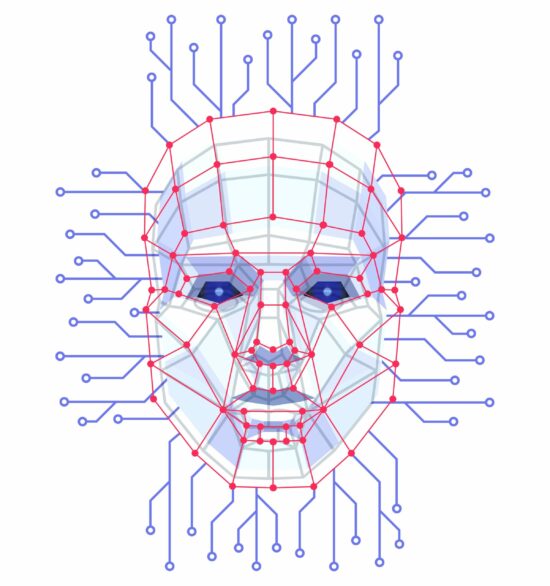
Pre Agora Program October 11
INTRODUCTION (5MIN)
- 5:00pm – JST
- 10:00am – CEST
UNIVERSITY OF ZURICH (CH) – PSYCHOLOGY AND NEUROSCIENCE (20MIN)
- 5:05pm – JST
- 10:05am – CEST
NATIONAL INSTITUTE FOR INFORMATICS (JPN) – HISTORY, TECHNICAL ASPECTS, AND START-OF-THE-ART OF SPEECH SYNTHESIS (20MIN)
- 5:25pm – JST
- 10:25am – CEST
PANEL DISCUSSION AND Q&A (45MIN)
- 5:45pm – JST
- 10:45am – CEST
Speakers
-
![]()
Bio
Sascha Frühholz
University of Zurich (CH)Sascha Frühholz has MSc degrees in Education (2001) and in Psychology (2006), and a PhD degree in Neurobiology (2008). He was a postdoctoral fellow at the University of Geneva (2010-2013), and the Swiss Center for Affective Sciences (2013-2015). He is now a Professor for Cognitive and Affective Neuroscience at the University of Zurich. His research interest concern social cognition from natural and deepfake human appearances.
-
![]()
Bio
Florence Steiner
University of Zurich (CH)Florence Steiner has a MSc degree in Cognitive Neuroscience and Clinical Psychology and is currently PhD student in the Cognitive and Affective Neuroscience Laboratory at the University of Zurich. Her research examines the influence of dynamic emotional voices on listeners’ brains. Communicating science in an understandable, relatable, and entertaining way is her passion, for which she has also been recognized with awards.
-
![]()
Bio
Erica Cooper
National Institute for Informatics (JPN)Erica Cooper received B.Sc. and M.Eng. degrees in electrical engineering and computer science from the Massachusetts Institute of Technology, USA, in 2009 and 2010. She received the Ph.D. degree in computer science from Columbia University, USA, in 2019. Since 2019, she has been a postdoctoral researcher with the National Institute of Informatics in Tokyo, Japan. Her research interests include statistical machine learning and speech synthesis.
-
![]()
Bio
Xin Wang
National Institute for Informatics (JPN)Xin Wang is a postdoctoral researcher at the National Institute of Informatics, Japan. He received the Ph.D. degree from SOKENDAI, Japan, in 2018. Before that, he received M.S. and B.E degrees from University of Science and Technology of China and University of Electronic Science and Technology of China in 2015 and 2012, respectively. His research interests include statistical speech synthesis and machine learning.
-
![]()
Pre Agora: ”Deepfakes: High-tech Illusions to Trick the Human Brain”
If you have missed the opportunity to attend the event, you can watch it here
